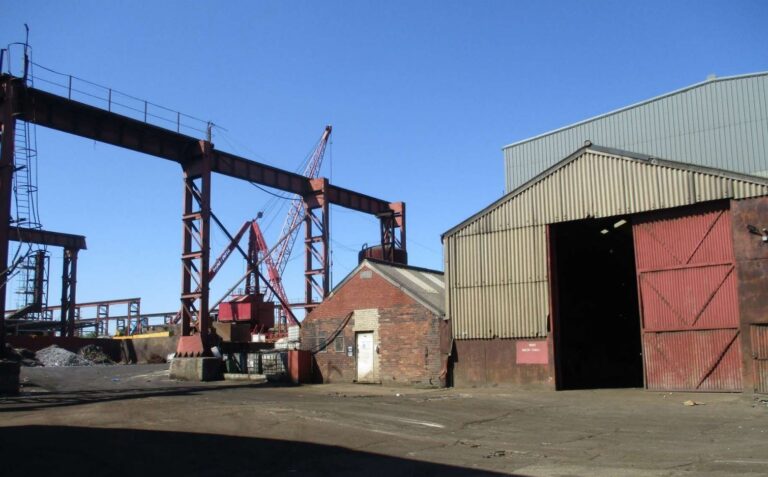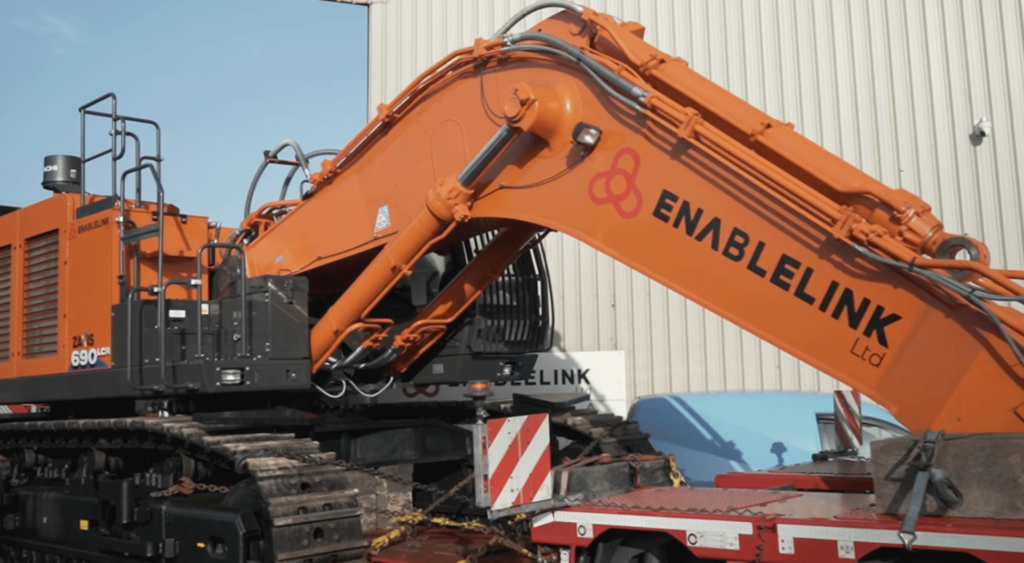The contract with Swindon is expected to yield between 1,500 and 2,000 cars annually, while a renewal of a contract with the Borough of Poole will continue to yield around 1,000 vehicles a year.
Shaun Robson, consumer protection manager with responsibility for abandoned vehicles at the Borough of Poole, said: “In awarding this contract, the Borough of Poole continues to recognise and support the high environmental standards for dismantling and material reclamation. We receive a very high quality service, whilst at the same time achieving what we believe to be exceptional value-for-money. All of these elements are deemed to be key components of our contractual arrangements.”
Charles Trent has won five contracts in the last two years, including Bournemouth, Dorset county council and a five-year contract with Southampton city council. The company now takes in about 8,000 abandoned vehicles each year, and including public scrap and insurance categories A – D, the company expects to process 15,000 to 20,000 end of life vehicles at its sites in Dorset, Hampshire and Kent in 2003.
Opportunities
Commenting on the contract wins, managing director Marc Trent said that the industry will be undergoing something of a revolution as the End of Life Vehicle Directive is implemented in this country. As enforcement of the new regulations becomes important, the company sees a lot of opportunities in abandoned vehicles, as those companies that do not meet tough new standards will fall by the wayside.
Mr Trent said: “Despite the painful progress of the ELVD, we still think that there are potential business opportunities for companies like our own. With the general quality of players in the industry being so low, there could well be significant demand for those businesses with the know-how, and financing, to fill any voids left. The ‘remote’ contracts that we have won, like Southampton and Swindon, open up new opportunities for us.”
With speakers from DTI DEFRA Environment Agency Society of Motor Manufacturers and Traders British Vehicle Salvage Federation British Metals Recycling Association Consortium for Automotive Recycling Motor Vehicle Dismantlers Association Charles Trent Ltd. Redcorn
|
The company is looking to form partnerships with like-minded organisations and with its site in Erith, North Kent, which opened in January 2003, hopes to benefit from opportunities in South East London. Two adjacent sites in Erith have been acquired and work is currently underway to upgrade the site surfaces and drainage to conform with the new licensing conditions.
Mr. Trent said “Our emphasis now is going to be two-fold: to maximise the capacity of our existing sites in Kent; and to acquire additional sites in the south of England, ideally in Hampshire, Berkshire and/or Surrey. Our site at Erith is well placed to take on new business in SE London, and of course, in combination with the site at Paddock Wood, in Kent as a whole. But this needn’t be to the detriment of existing legitimate business – we’re looking for strategic partnerships and wouldn’t rule out joint ventures with other like- minded companies.”
Problems
While the industry expects the number of abandoned vehicles to fall in the medium-to-long term, the introduction of environmental standards and de-registration systems coming into force in November 2003, is expected to see a significant rise in the short term. This could cause problems as the number of treatment facilities is reduced.
Charles Ambrose, environmental business manager at Charles Trent, said: “The strong metal prices in recent months have seen an explosion in the number of low quality operators offering free collection and disposal, and consequently the number of vehicles we actually get to collect has fallen. The problem is that the vast majority of these businesses will not be able to satisfy the requirements of the End of Life Vehicle Directive, and hence will only be able to offer this service in the short-term, and while the metal price remains high. As soon as metal prices decline (or the Directive is properly enforced), these operators will disappear and the number of abandoned vehicles that we collect is likely to rise again.”
In considering potential contractors for abandoned vehicles, local authorities – and in future vehicle manufacturers – have to think about more than just the ELV Directive's requirements, Mr Ambrose said. Health and safety issues are becoming increasingly important, as well as the ability for recyclers to provide a complete paper trail for the treatment of the vehicles.
Mr Ambrose said: “With the Directive expected to become UK law by the end of next month, local authorities no longer have much of a choice other than to award contracts to reputable operators.”











Subscribe for free